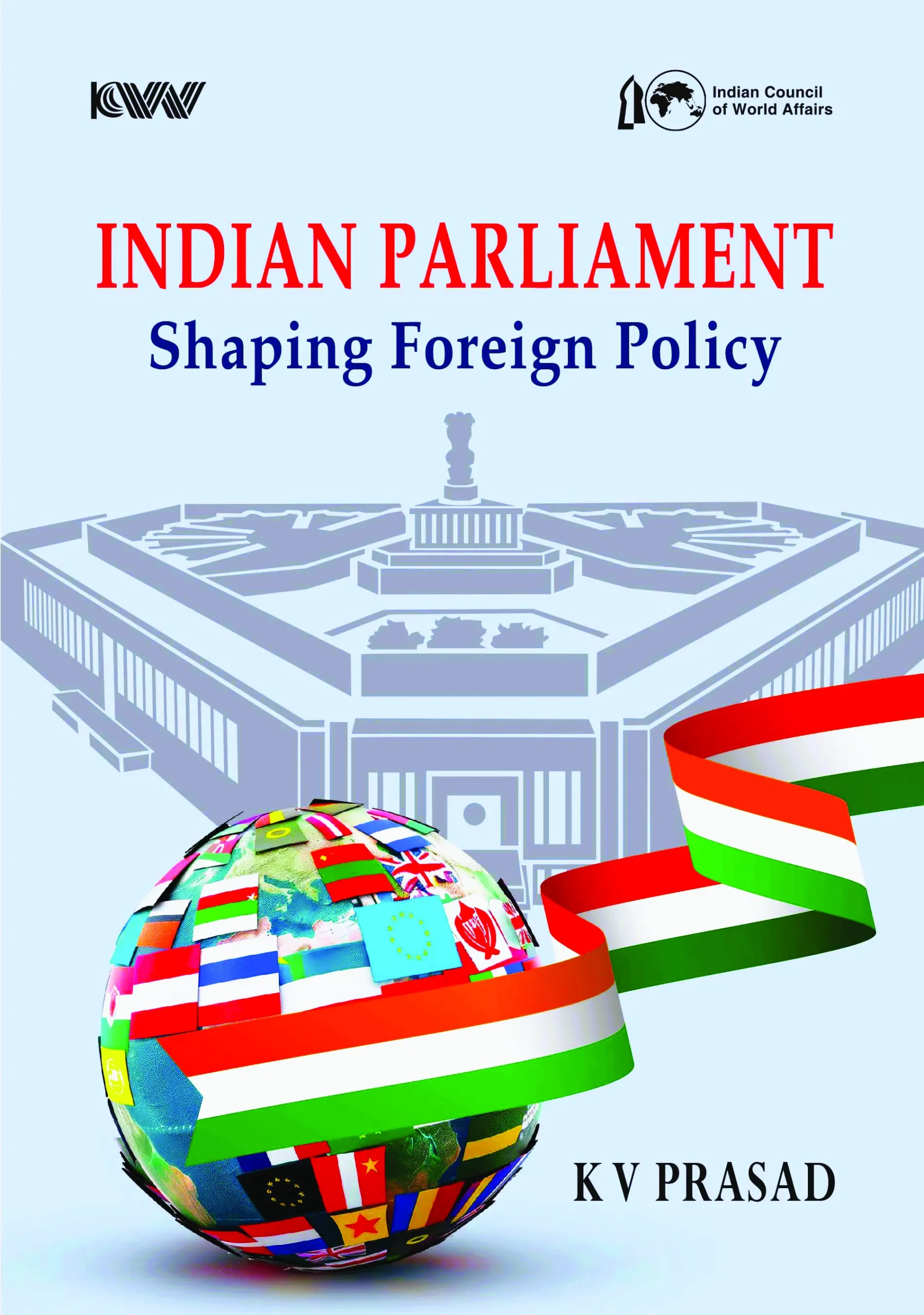In the post-Covid world, one area that is undergoing tremendous change is in the field of education. It has bought out many reforms in the content delivery and in the mode of examinations that were earlier not admissible for the academic community. Can we think of conducting a PhD viva voce online in the pre-pandemic era? It has also expatiated the process of reconstruction of syllabi of various courses. Universities across the country have started many new-generation courses in science. In many cases conventional courses are being replaced completely or partially, which is not a welcome signal. It’s true that science education has to evolve through changing times and new concepts and developments should be taught to students. The need of the current century and ensuing century is that of trans-disciplinarity. The artificial compartmentalisation brought out in our academic structure to suit the teaching community needs to be replaced at any cost. But currently, many new-generation courses are designed in such a way that it satisfies the target group of students only. Biotechnology courses run by technical institutions will have dominance of engineering topics; the same course in an arts and science college will have dominance of biology topics, often neglecting the fundamentals of mathematics and engineering. The same trend can be seen in the syllabi of courses related to nanotechnology, bioinformatics, computational biology, etc. The worst scenario is observed in life sciences where more than 100 courses have been carved out from the same niche. And to satisfy the students of each branch, different competitive exams have been formulated CSIR-UGC, UGC, DBT, ICMR, ICAR-NET, ICAR-AICE, etc. Except for CSIR-UGC where all students from life science backgrounds are evaluated together, others are subject-specific. Certain competitive examinations like ICAR-AICE are designed in such a manner that only students from agriculture background are selected in the final round. Hundreds of students are writing this examination after paying heavy application fees without knowing that they will not be eligible even if they qualify the examination. In the final rank list, only they will mention the eligibility criteria for specific institutions, making many qualified students ineligible. The ICAR system has high prejudice for students from other branches of science. All their rules are formulated in such a manner that only persons from agriculture background get upper hand. An M.Sc Botany student may be highly competent in plant physiology or biochemistry than an agriculture student, but in the ICAR system they give respect only to students from agriculture backgrounds.
The CSIR-UGC is the only competitive examination which is well-designed and in which a student’s ability to grasp fundamentals of all branches of sciences are evaluated. In such a scenario what is the need for more competitive examinations with different eligibility criteria. Why can’t we increase the number of fellowships of CSIR-UGC by clubbing the fellowships from other funding agencies? When we speak of trans-disciplinarity in our national education and science policies, what is the need for different competitive examinations with different eligibility criteria? Let all students in science be made eligible for all competitive examinations and those qualified be allowed to do research or work in that field whatever their basic qualification is. Even though this culture is being followed in many national institutions, it is not all allowed in state universities and colleges. In all public sector universities and colleges even today for the post of assistant professor in Botany, only post graduates in Botany are eligible. Even students from related fields like Plant Biotechnology or Plant molecular Biology or Phytochemistry or biodiversity or bioscience are not eligible even if they qualify CSIR-UGC and have a doctoral degree. The situation is more complicated for many new-generation courses, as in many Central and state government notification jobs, only conventional courses find their place. In a national institute even an engineering person can become professor of Bioscience, whereas in an affiliated college even persons from related fields of life sciences are not eligible even if they have high impact peer reviewed research papers. Why should there be two policies within the country? Are we trying to develop two classes of citizens in science?
If India has to develop, we have to move with trans-disciplinary teaching and research as mooted in national educational and science policies. The administrators and policymakers have to take active measures to change the current format of mentioning eligibility criteria in various government jobs and competitive examinations to suit the changing trends in science.






















